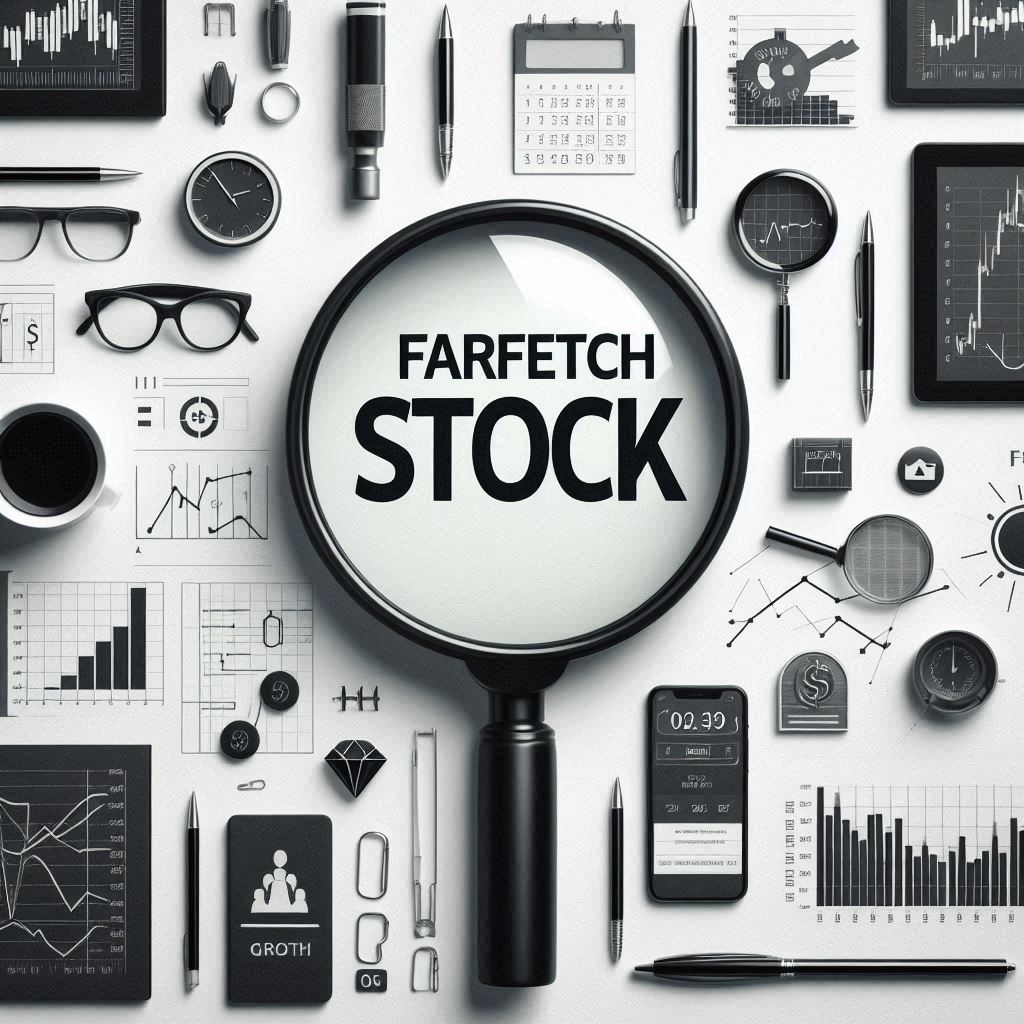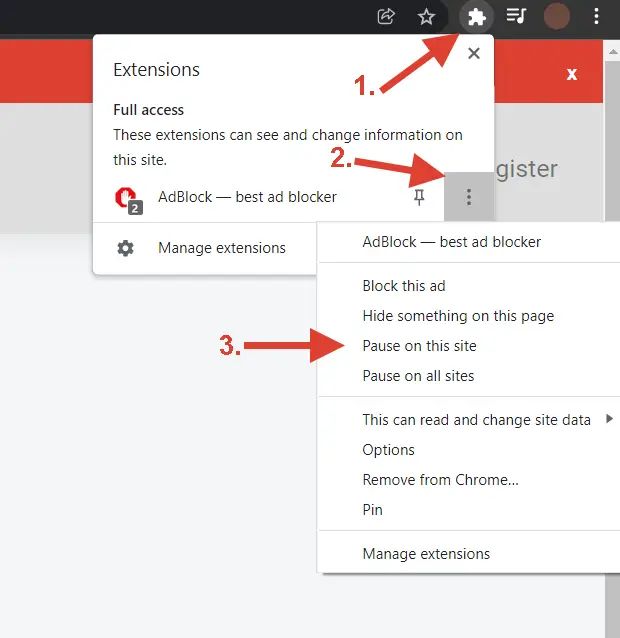Once a celebrated unicorn in the luxury e-commerce space, Farfetch has undergone a dramatic and turbulent journey that has left many investors and market watchers asking the same questions. The company’s meteoric rise, followed by a stunning collapse and subsequent sale, is a cautionary tale in the high-stakes world of tech and luxury retail. For anyone holding farfetch stock or simply trying to understand the news, the situation can be confusing.
This comprehensive guide breaks down the entire story. We will explore the company’s history, the reasons behind its downfall, the details of its acquisition, and, most importantly, what this all means for stockholders. We will provide a thorough farfetch stock analysis to clarify one of the market’s most talked-about collapses.
Table of Contents
- The Rise and Fall of a Luxury Tech Darling
- The Coupang Acquisition: Who Owns Farfetch Now?
- The Harsh Reality for Shareholders: What Happened to Your Stock?
- Looking Ahead: Will Farfetch Recover and What’s the Stock Forecast?
- Frequently Asked Questions
The Rise and Fall of a Luxury Tech Darling
Founded in 2007 by José Neves, Farfetch was built on an innovative idea: to create a single online marketplace connecting shoppers with a global network of luxury boutiques and brands. The farfetch company wasn’t a traditional retailer; it was a tech platform that provided the infrastructure for others to sell high-end fashion. The core of how does farfetch make money was by taking a commission on sales made through its site, alongside offering platform and logistics services to brands.
The company went public in 2018 with a hugely successful IPO. The initial farfetch ipo price was $20 per share, but it opened at over $27, valuing the company at more than $8 billion. For a time, it seemed the answer to ” is farfetch a good company?” was a resounding yes. However, the path to profitability proved elusive.
So, farfetch what went wrong? Several factors contributed to its decline:
- Lack of Profitability: Despite growing revenue, the company consistently struggled to achieve a sustainable farfetch profit. High marketing costs, complex logistics, and heavy investment in technology kept it in the red. The fundamental question of is farfetch profitable was almost always answered with “no.”
- Aggressive Acquisitions: Farfetch made several expensive acquisitions, such as the New Guards Group for $675 million, that added complexity and debt without always delivering the expected returns.
- Intense Competition: The luxury e-commerce market is fiercely competitive, with rivals like Net-a-Porter and Matchesfashion, as well as the brands’ own direct-to-consumer websites, vying for the same affluent customers.
These challenges led to a catastrophic decline in the farfetch share price, culminating in a liquidity crisis in late 2023 that pushed the company to the brink of bankruptcy.
The Coupang Acquisition: Who Owns Farfetch Now?
In December 2023, with Farfetch facing imminent collapse, a rescuer emerged. South Korean e-commerce giant Coupang stepped in with a $500 million emergency funding deal. This leads to the critical question: who bought farfetch?
The deal was structured as an acquisition of the business and assets of Farfetch Holdings plc. This was facilitated through a UK-style “pre-pack administration,” a process that allows a company to sell its assets to a buyer immediately upon entering a form of bankruptcy, preserving the business as a going concern.
So, who is farfetch owned by now? The business, its brand, and its technology are now owned by Coupang. This strategic move provides Coupang with a strong foothold in the global luxury market. For Farfetch, it was a lifeline that prevented a complete shutdown, allowing the platform to continue operating for its customers and boutique partners. The latest farfetch stock news has been dominated by the finalization of this deal and the subsequent fallout for the old public entity.
The Harsh Reality for Shareholders: What Happened to Your Stock?
This is the most painful part of the story for investors. The acquisition by Coupang, while saving the business, had devastating consequences for existing stockholders. So, what happened to farfetch stockholders?
As part of the pre-pack administration process, Farfetch Holdings plc, the publicly traded entity, was delisted from the New York Stock Exchange (NYSE). The answer to “is farfetch stock delisted?” is yes. The original farfetch stock ticker , FTCH, ceased trading.
The shares were then moved to the over-the-counter (OTC) market, often referred to as the “pink sheets,” under the new ticker FTCHQ. The “Q” at the end of a ticker symbol typically indicates that the company is in bankruptcy proceedings. So, what happened to ftch stock is that it was canceled and replaced by ftchq stock, which represents the shares of the now-defunct public holding company.
For those wondering, “what happened to my farfetch stock?”, the reality is stark. The pre-pack administration process effectively wiped out all shareholder equity. The proceeds from the sale to Coupang were used to satisfy the claims of secured creditors, leaving nothing for holders of the common farfetch shares. This means the answer to the question “is farfetch stock worthless?” is, for all practical purposes, yes.
The situation has left many asking what to do with farfetch stock. For most, the farfetch stock value is now zero. While you may technically still see ftchq stock in your brokerage account, its value is negligible. Some investors may choose to sell their shares for a fraction of a cent to realize a capital loss for tax purposes, but you should consult a financial advisor on this matter. The question of how to sell farfetch stock now involves navigating the illiquid OTC market, which can be difficult.
Looking Ahead: Will Farfetch Recover and What’s the Stock Forecast?
With the old public company gone, discussions about the original stock can be misleading. When people ask, “will farfetch stock recover?”, they need to understand which “Farfetch” they are talking about.
The old farfetch stocks (FTCH/FTCHQ) will not recover. That entity is in bankruptcy, and its equity has been extinguished. Therefore, any farfetch stock forecast or ftch stock predictions related to the original shares are moot. It is highly improbable that the stock will farfetch stock go up.
However, the question of “will farfetch recover?” as a business is entirely different. Under Coupang’s ownership and with a stronger balance sheet, the Farfetch platform has a chance at a new beginning. Coupang’s deep expertise in logistics and e-commerce operations could help streamline Farfetch and finally put it on a path to profitability. The future success of the business is now tied to Coupang’s strategy, not the public markets.
Frequently Asked Questions
What happened to Farfetch stock?
In short, farfetch stock what happened was a complete collapse. Due to a severe financial crisis, the company was acquired by Coupang. As part of the deal, Farfetch Holdings plc was delisted from the NYSE, and the equity of its common stockholders was wiped out, rendering the shares effectively worthless.
Why is Farfetch stock down?
The reason why is farfetch stock down to virtually zero is that the company entered a form of bankruptcy (administration) and was sold. The sale process prioritized paying off creditors, leaving no value for the shareholders of the original public company, Farfetch Ltd.
Who owns Farfetch now?
The Farfetch business, brand, and assets are now owned by the South Korean e-commerce giant, Coupang, following an acquisition that was completed in early 2024.
Is Farfetch stock worthless?
Yes, for all practical intents and purposes, the common stock of the original Farfetch Holdings plc (formerly FTCH, now FTCHQ) is considered worthless. The administration process wiped out shareholder equity.
What happened to FTCHQ stock?
What happened to ftchq stock is that it became the new ticker for Farfetch Holdings plc after it was delisted from the NYSE and moved to the OTC market, signifying its bankruptcy status. It represents the residual equity of a now-bankrupt shell company with no underlying business assets.
Is Farfetch a public company anymore?
No, the answer to is farfetch a public company is that it is not. The business is now a private entity owned by Coupang.
What will happen to Farfetch stock?
The question of what will happen to farfetch stock has a definitive answer for the old shares: nothing positive. The FTCHQ shares are not expected to regain any value. The Farfetch business itself is now private, so there is no publicly traded stock to buy or sell.
Where can I buy Farfetch stock?
The query where can i buy farfetch stock is no longer relevant as the company is private. You cannot buy shares of the operating Farfetch company on a public exchange. While FTCHQ shares may technically trade on the OTC market, they hold no claim on the current Farfetch business and are widely considered to have no value.
Can I sell my Farfetch shares?
For investors asking “can i sell my farfetch shares?”, it may be technically possible to sell your FTCHQ shares on the OTC market for a fraction of a penny. However, liquidity is extremely low, and the process can be difficult. Most brokers have written down the value to zero. You should consult your broker or a financial advisor for specific guidance.


